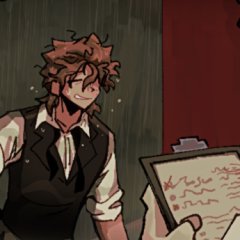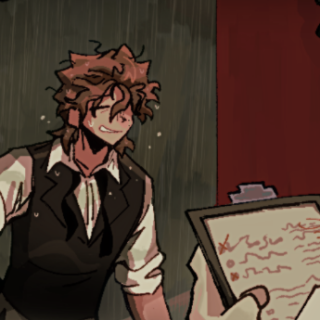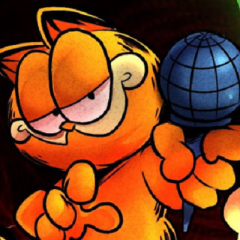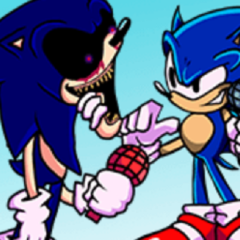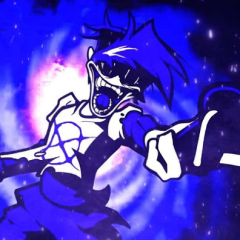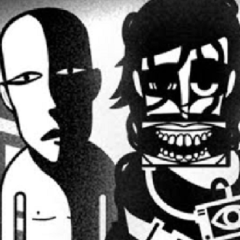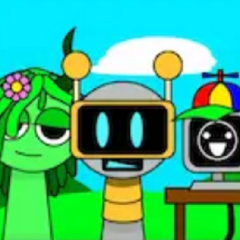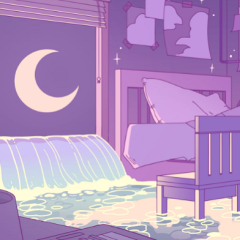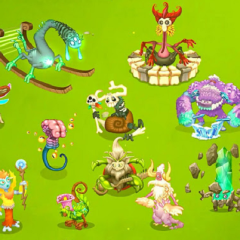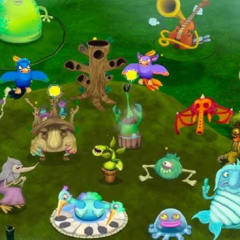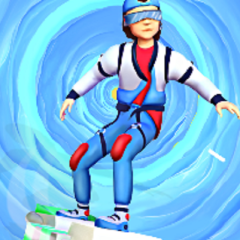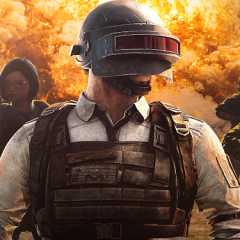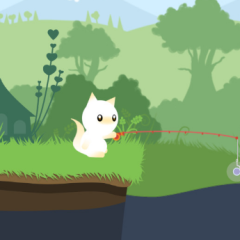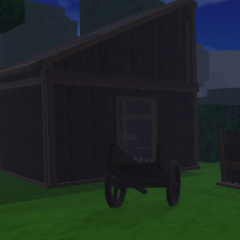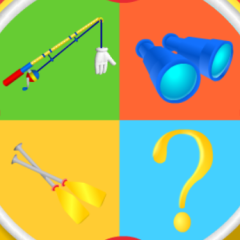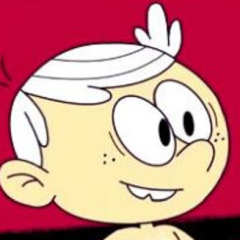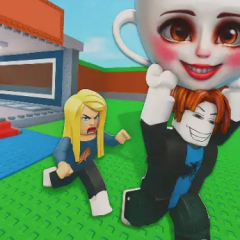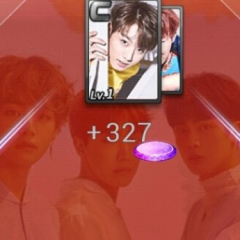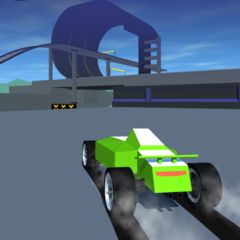Dead Plate is a narrative-driven management game set in a French bistro during the late 1960s. The player takes the role of Rody, a young waiter who must work through a demanding week under the supervision of Chef Vincent. His personal motivation is tied to earning money and impressing his girlfriend Manon, but the tasks go beyond simple service. The story slowly reveals unusual events behind the restaurant’s daily routine, and the choices the player makes shape how the week concludes.
Gameplay Structure
The game combines restaurant service with branching storytelling. Rody needs to take orders, serve dishes, and keep customers satisfied while maintaining efficiency. At the same time, the player explores the bistro through dialogues and interactions that uncover hidden details. These elements affect how the narrative develops, leading to multiple possible endings. The mix of time management and choice-driven play gives the player two goals: succeed in service and make decisions that influence relationships and outcomes.
Key gameplay systems in Dead Plate include:
· taking and completing customer orders under time limits
· managing income and resources to reach weekly targets
· engaging in dialogues with characters to influence the story
· exploring interactive elements in the environment for clues
· unlocking one of four endings based on decisions and performance
Together these mechanics ensure that progression depends on both practical service skills and narrative awareness.
Progression and Challenge
As each day passes, the tasks grow more demanding. Customers request more complicated orders, and unexpected events interrupt the normal flow of service. The pressure increases as Rody’s financial goals clash with the personal and moral dilemmas that surface in the story. The player must choose whether to focus strictly on the efficiency of the restaurant or to explore dialogues and hidden details that reveal deeper narrative threads. The decisions taken during these moments directly shape which of the four endings the player will experience.
Presentation and Design
Dead Plate presents its world through hand-drawn 2D visuals that highlight the bistro setting. Character portraits and background details provide context for both ordinary service scenes and moments of tension. Sound design reinforces the atmosphere with ambient chatter, cooking noises, and shifts in music as the tone of the story changes. Interaction remains simple, relying on clicking or pressing keys to deliver orders or select dialogue options, which ensures that the focus stays on timing and story choices.The purpose of Dead Plate is to combine the structure of a management game with a branching narrative that grows darker as the week progresses. Success is measured by the money earned through efficient service and by the outcome of the player’s moral and narrative decisions. By blending everyday tasks with hidden story layers, the game demonstrates how routine actions and small choices can lead to very different consequences.

